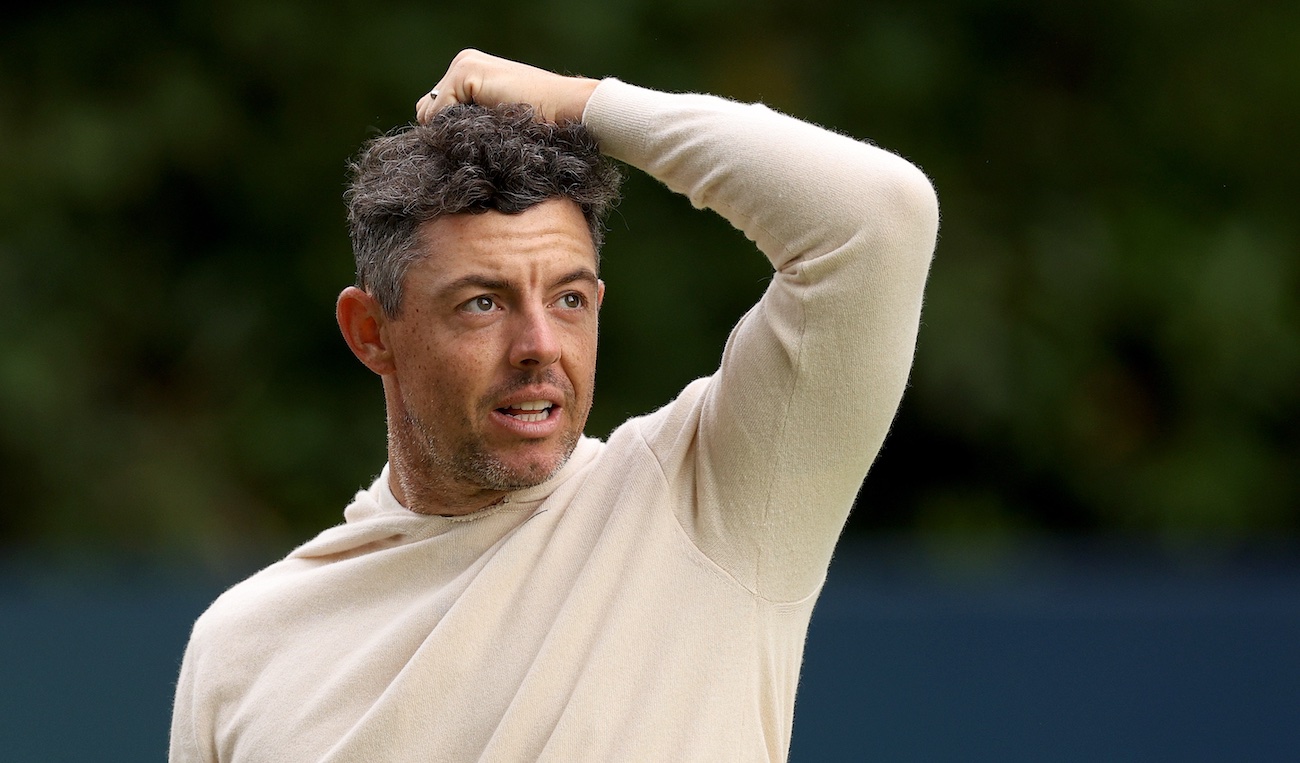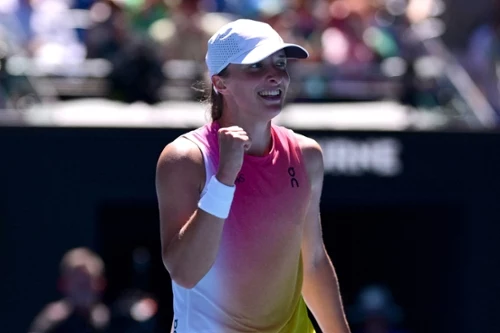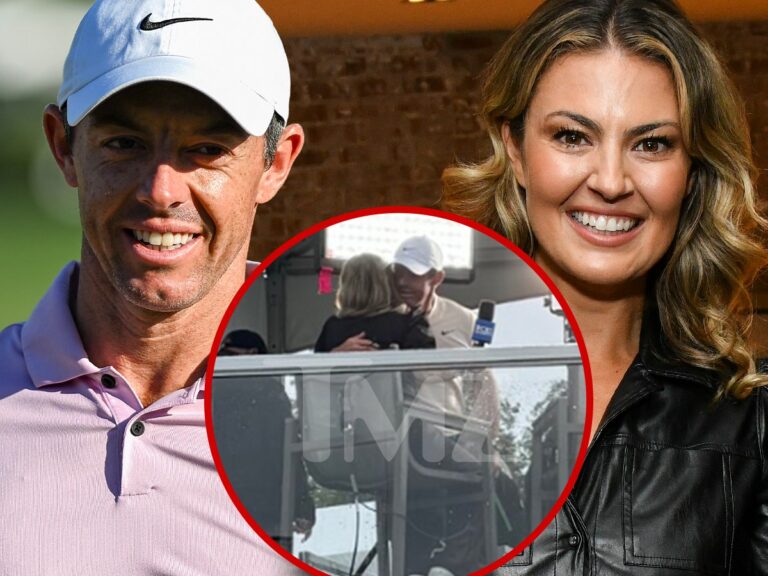Rory McIlroy brutaly responds to Poulter’s Ryder Cup captaincy claim
Rory McIlroy brutaly responds to Poulter’s Ryder Cup captaincy claim
Rory McIlroy recently addressed Ian Poulter’s aspirations of captaining Europe’s Ryder Cup team, a topic that has gained traction amid ongoing tensions in professional men’s golf. Poulter, 48, a veteran of the Ryder Cup with seven appearances from 2004 to 2021, has expressed his desire to lead the European side despite resigning his DP World Tour membership in 2023. This decision effectively renders him ineligible for future Ryder Cup involvement due to the current landscape of the sport, which has been significantly affected by the emergence of the LIV Golf series and its associated controversies.
In an interview with Al Arabiya English, Poulter reflected on his hopes for a reconciliation among the various factions in professional golf. He emphasized the importance of unity, suggesting that a collaborative atmosphere might open doors for his potential candidacy as captain in the future. Poulter’s comments highlight a longing for connection and camaraderie in a sport that has been polarized by the ongoing disputes between traditional tours and the new LIV platform.
McIlroy, currently ranked No. 3 in the world, responded to Poulter’s comments ahead of the BMW PGA Championship at Wentworth. He expressed reservations about the feasibility of Poulter’s ambitions, particularly due to the current dynamics of the Ryder Cup. “It’s hard, because we don’t really see them [LIV players] anymore,” McIlroy stated, emphasizing the importance of familiarity and rapport in the context of team leadership.
McIlroy pointed out that successful captaincy requires someone who is present and actively engaged with the players. He cited Luke Donald, the current captain, as a model for this approach. Donald has made a concerted effort to connect with players across various tournaments, showcasing his commitment by participating in events in places like the Czech Republic and Switzerland. McIlroy underscored the value of such visibility, particularly for younger players who have not yet had the chance to compete in the Ryder Cup.
The core of McIlroy’s argument centers on the idea that effective team leadership in the Ryder Cup hinges on a captain’s ability to foster relationships within the team. With notable figures like Poulter and Lee Westwood, who have transitioned to LIV Golf, absent from the regular tour circuit, McIlroy questioned how emerging talents can develop a rapport with them. This disconnect poses a challenge for building team cohesion, which is critical in high-pressure situations like the Ryder Cup.
When asked directly about his personal feelings towards a LIV player potentially leading the European team, McIlroy described the situation as “a grey area.” He acknowledged that while he could support some individuals from LIV in a captaincy role, there were others he would not be comfortable with. This nuanced perspective reflects the complexities of the current golf landscape, where loyalties and relationships are often strained.
Beyond the Ryder Cup discourse, McIlroy is gearing up for competition at Wentworth after experiencing a frustrating near-miss at the Amgen Irish Open. He shared that he has been under the weather, having contracted a virus from his daughter, Poppy, who had been battling a cough for several weeks. Despite this setback, McIlroy expressed a desire to bounce back, stating, “I’m happy for the opportunity to get back on the horse again.” He noted that while he might still feel a bit wheezy, he is managing his health and ready to compete.
In summary, McIlroy’s insights reveal a deeper understanding of the evolving dynamics within professional golf and the implications for the Ryder Cup. His perspective on the necessity of presence and relationship-building speaks to the larger challenges facing the sport as it navigates its current landscape. As players like Poulter continue to express their aspirations, the ongoing dialogue about unity and leadership remains critical in shaping the future of the Ryder Cup and professional golf as a whole.






